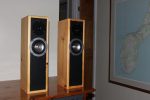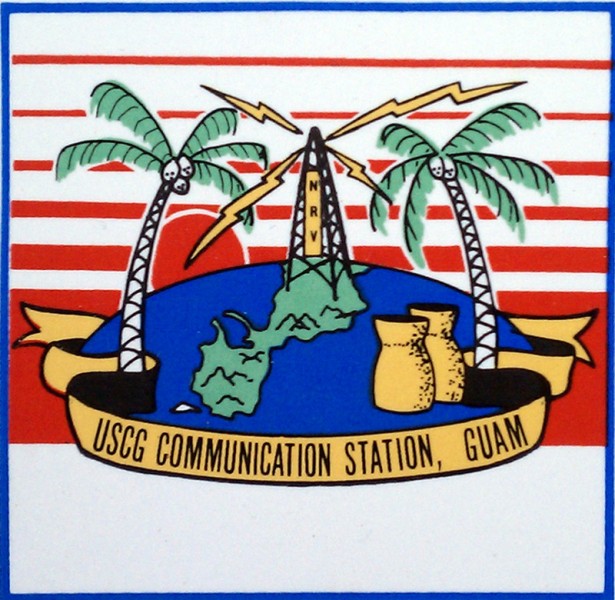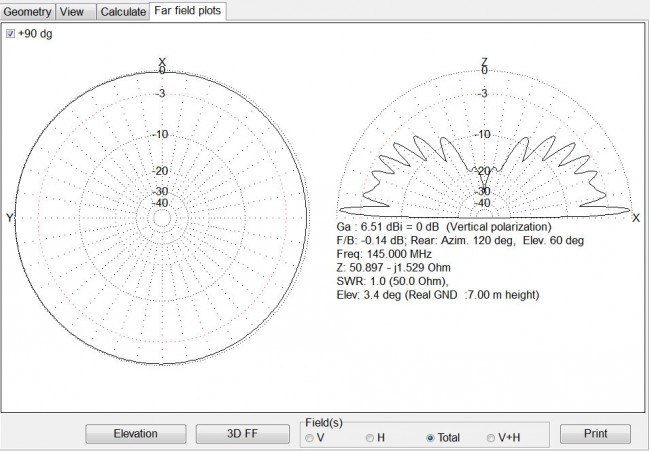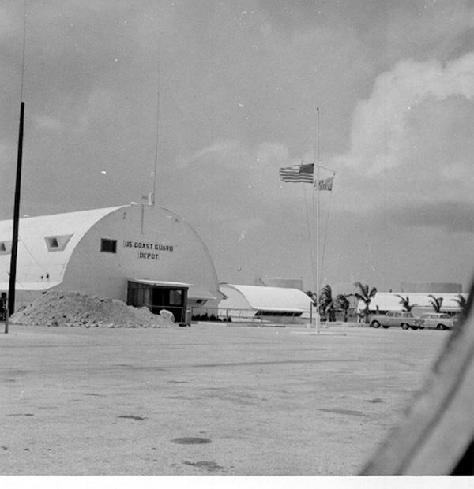This time of year is when we all sit back and assess things that we did in the past 365 or so days. It is called reflection, which is just a civilian term for SWR (Standing Wave Ratio).
Thus, I thought I would take a little time and make a few observations about the business, my part in it, and this blog.
1. The business of Radio:
Let us be honest, Radio is not what it used to be. Many times, what it used to be was somewhat of a free for all, wheeler-dealer radio station owners cutting corners and making do with less than-optimum equipment and staff. And trade, lots and lots of trade. Only in large metropolitan areas did radio stations make enough money to throw it around, but sometimes not even then. Radio was by no means a huge money-making operation and therefore, those that worked in mostly it did it as a labor of love. That may or may not have come across on the air. By far, the funniest station I ever listened to was run from a closet, with a sound reinforcement board and the program director’s CD collection. What made it so much fun was they had nothing to lose, there were no restraints placed on the staff. Once that on-air enthusiasm translated to ratings, then to revenue, the magic was gone and they were just another radio station filling a spot on the dial.
The radio business has fully transitioned from a fun, seat-of-the-pants entertainment operation to a mega money-making corporate mentality under the control of mostly non-entertainment types. Even those stations owned by smaller group owners are forced to rely on the tactics developed by the big two in order to stay in business.
Group owners will continue to extract money in whatever way they can until the money train runs off the rails. Then, radio will be replaced by something less.
2. Radio Engineering:
Engineering will continue to grow smaller, with more emphasis on computers, networking, and IT infrastructure. The future distribution of music and program material will take the form of streaming (live events), podcasts (specialty shows), and subscription services. Over-the-air free radio will become less and less relevant as younger “listeners” trend toward new media. The idea of listeners may be archaic in lieu of “subscribers” or “users.” Thus, in order to remain relevant, broadcast engineers are going to have to keep their skill sets current. I would recommend to anyone getting into the business to get current with routers, routing tables, Cisco equipment, and whatnot. The cloud is coming and will rain on all those not adjusted to the new “broadcasting” reality.
3. My part in the business:
A somewhat superannuated broadcast engineer whose skill set lies mostly within the RF and heavy-duty electrical areas, I am going back to college in January. Cisco Network Administrator is the degree I am shooting for, for that is where the local jobs, both in and out of broadcasting will be. Network Administrators are going to be the backbone of cloud computing, those that can configure routing tables will be desired.
That being said, I continue to be involved with larger RF projects and transmitter work. It is fun for me, most of the time. Having to drive two hours, one way on Christmas Eve to fix a backup transmitter, not so much, but those situations tend to be the exception, rather than the rule.
All in all, it is great fun to press the high voltage on button, not knowing if the transmitter will cycle on normally, or put on some type of display.
4. The blog:
This little thing we have here has been fun. I get a good response to most articles. I welcome all the comments and offline e-mails that come my way. My original intent, which is to provoke thought and dialog, remains unchanged. This year, I have delved into areas not covered by the trade magazines, but do have at least some bearing on radio or radio-related arts. To that end, there have been several negative responses, which is fine. I don’t pretend to know everything, if you know more, then by all means, speak up. By and large, however, the majority of responses continue to be positive.
I continue to grow the overseas audience, with roughly 36% of the page views coming from non-US IP addresses. Persons from The UK, followed by Canada, Netherlands, Australia, and Germany are the top five non-US readers of this blog.
So, I will continue to post about things in the coming year. If any of you have any suggestions or requests, shoot me an email or leave a comment.
In the meantime, have a Happy New Year!






Paul,
Thanks for sharing your reflections and plans.
I realize that the local jobs are in sysadmin/networking and it is a growth field. Good luck with that but please try to find time to continue sharing your RF and power knowledge through your blog.
In the long run our society will be begging for good, experienced, analog electrical engineers because no matter how cool the digital (and software parts are) analog is where it meets the real world.
Best wishes for the new year – Dale
I’m in Canada. Really appreciate all the work you put into the blog & enjoy reading.
Good luck with the year to come. I can see the network folk cringing now when they hear about what you work with voltage and power wise.
It would be interesting to know what their emp contingencies are in networking?
I see the UK and Canada are neck and neck visitor wise.
Especially for a somewhat superannuated broadcast engineer, you have a very relaxed and expressive writing style. It’s always a pleasure to read your essays, no matter the topic.
I agree with Dale that the digital domain is neglecting its own analog underpinnings. Just as other infrastructure like bridges and water systems are taken for granted until they collapse or burst, every wireless device is a radio transceiver that relies on grid power and wired networks that aren’t missed until they’re missing.
Hello!
I am an editor at Before It’s News (beforeitsnews.com). Our site is a rapidly growing people-powered news platform currently serving over 3 million visits a month. We like to call ourselves the “YouTube of news.”
We would be honored if we could republish your blog RSS feed. Our readers need to know what Engineering Radio has to share. Syndicating to Before It’s News is a terrific way spread the word and grow your audience. Many other organizations are using Before It’s News to do just that. Contributors include Robert Reich, Reason Magazine, BusinessWeek Blogs, PETA, Animal Planet, The Electronic Frontier Foundation, Change.org, Open Secrets, and many more.
We can have your feed up and running with your permission. Please include the full name and email of the person who will be associated with the account, and let me know the by-line you want on all your posts.
You can have any text and/or links you wish appended to the end of each of your posts on Before It’s News. It should be around 200 characters or less (not including links). If you have html please send me that.
We don’t censor or edit work.
I hope you’ll choose to join the conversation at Before It’s News. I know our readers would be very interested to get your message. I hope to hear from you soon.
Thanks,
Zack Stieber
Before It’s News Editor
Going back to school? Good for you! As Weird Al says, with education, the world is your burrito.
Happy New Year, Paul!
P.S. You’re getting “negative responses”? To paraphrase from Monty Python, “I fart in their direction. Their mothers were hamsters and their fathers smelt of elderberries!”
Have an odd question for you – our Viking vent hood for our stove plays music – not sure if it is an AM or FM station. After searching about on the internet, I guess it may be the fan. Do you have any idea who I would call to remedy the situation? We are over the “interesting” situation and are looking forward to a quiet kitchen. Thanks in advance for any help you might be able to give us on next steps.
@Renee: I’ll take a guess that it’s an AM station, since a fan *could* have a nonlinear junction in it. That’s all it would take to have your own built-in-our-rangetop AM radio. How close are you to an AM station, namely the radio towers?
Happy new year ! Hope to read more from your blog and SWR will be fine every year !
@Renee, I would suggest finding out which station has an AM transmitter nearby your house and call them. There should be an engineer that can assist you in resolving your problem.
Hi Paul,
I really enjoy reading your blog. It’s great to read just how the industry works “across the pond” and to see the higher power, bigger budget operations you have over there (you might not think that but 1KW FM/AM is about as big as it gets for us over here).
Thanks – it’s an essential weekly read for me.
Steve.
Thanks, Steve! It’s always good to hear from readers.
Thanks for the ideas. There are radio towers near our house. I’ll check that out. Thank you….